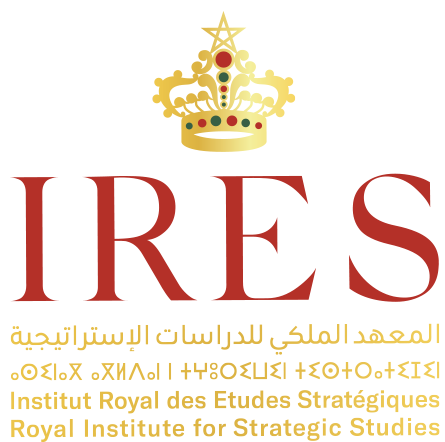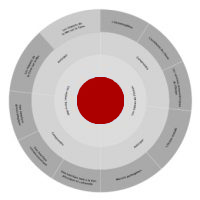Context / TOWARDS A NEW POST-COVID-19 WORLD
The year 2020 will remain in the global collective memory as the year of the outbreak of the global Covid-19 pandemic, which led to an unprecedented situation. This crisis surprised the world by its magnitude and the speed of its spread.
This unprecedented historical event required States to take drastic measures to contain the spread of the pandemic, which transformed the health crisis into a multifaceted and systemic crisis, affecting all aspects of the lives of countries and citizens.
The magnitude of this major crisis is due to a triple phenomenon, namely:
- the fear of disease and loss of gains, born of uncertainty, isolation and the diffuse and tacit perception that a period of major change is coming;
- the lockdown of a third of the world’s population for several weeks and the unpreparedness of decision-makers for such large-scale events;
- the structure of the global interdependence (globalisation) that revealed the fragility of global value chains.
The lockdown measures and the way in which the crisis was managed revealed a clear irresponsibility of social networks and the media, which maintained a fear that seems to be overdone.
The Covid-19 pandemic has accentuated a crisis of global leadership that is happening in a context of geopolitical turmoil and that is probably initiating a period of transition from which a new world order would emerge.
It is in such a context, conducive to upheaval, that the Covid-19 pandemic emerged, accelerating the dynamics underway and bringing all the actors of the international society to grips with their fragilities and contradictions. This health crisis, whose spread was favored by the interdependence between countries :
- reminded States, even the most developed ones, of their vulnerability to systemic shocks and put soft power and the need for collective action back at the heart of world geopolitics;
- revealed, in a world that is struggling to emerge from an old and now inadequate order, the weakness of the international community’s capacity to anticipate;
- has shown, consequently, the need to rethink the instruments of power of States, in order to undertake a reform of globalization as well as the construction of a new international system, not only political but also economic and social;
- highlighted the opportunity to create a scientifically independent body in the field of health “One Health”, similar to the Intergovernmental Panel on Climate Change (IPCC);
- highlighted the need to better understand science, to learn to live with uncertainty and to rediscover a new form of humanism.
Out of the transient chaos of dealing with the pandemic and the uncertainties associated with it, a new normal and a growing aspiration for profound change has emerged.

